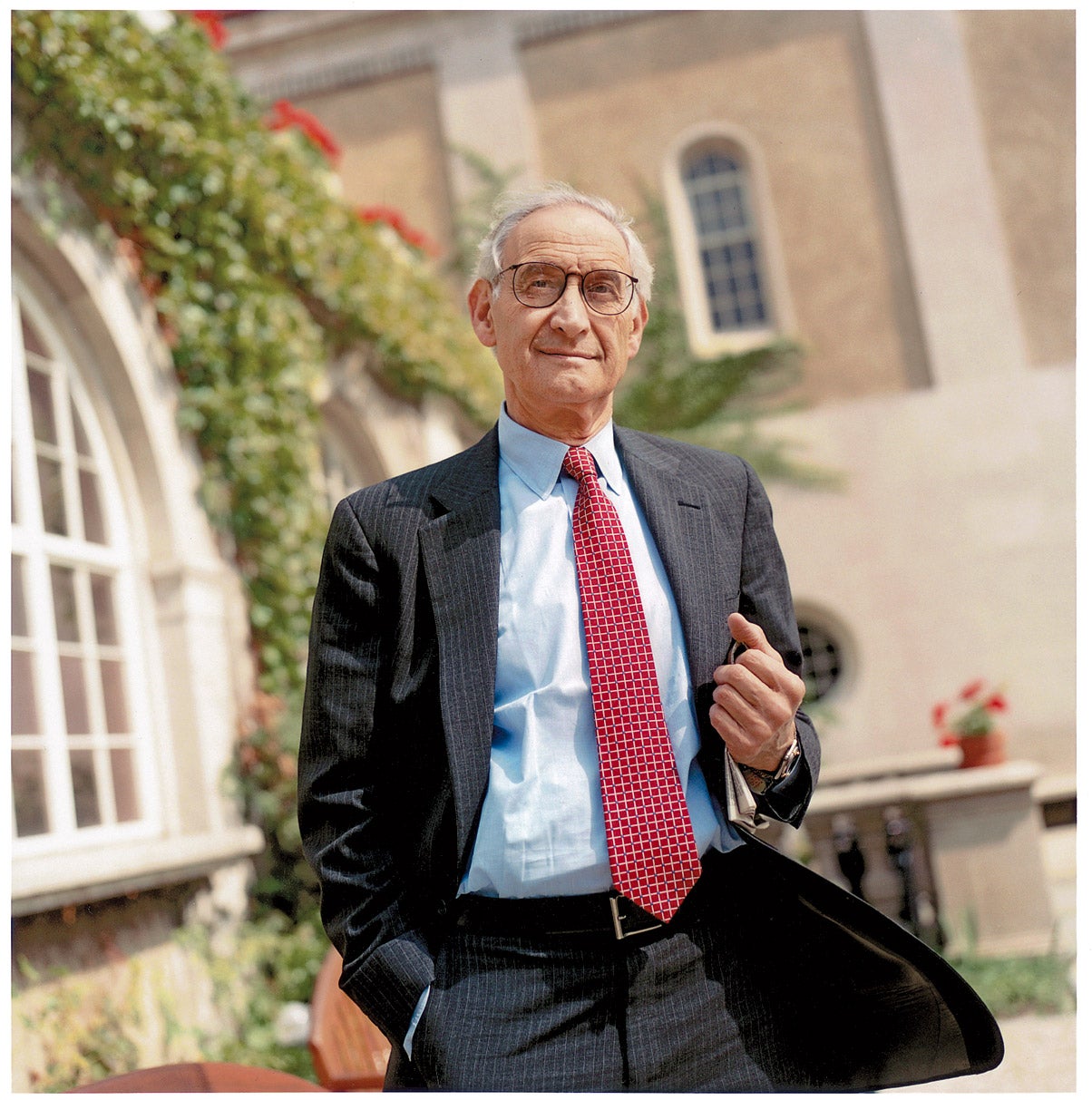Compared with that of a lawyer in private practice, a judge’s schedule may be more flexible. But not when compared with the life of an academic, says Professor Charles Fried.
Fried, who joined the law school faculty in 1961, served on the Massachusetts Supreme Judicial Court from 1995 to 1999. By his second year on the high court, he realized he missed teaching; the following year, he began to seriously consider returning to Harvard, and he did so a year later. He hasn’t looked back.
“I’d be a damn fool if I did,” he says. “Because as much as I liked [serving on the court], and I did like it, I found that my life here I liked better.”
The life of a judge is “quite constraining,” he explains, “in the sense that you’ve got a job and you’ve got to show up and spend the day doing it, and that’s all you do. And you’re working for the government and you’ve got to do that conscientiously and can’t do anything else.” He adds, “It constrains your time, constrains how you organize your life, constrains what you do and what you can say.”
Since returning to HLS five years ago, in addition to teaching, he’s published two books, while a third is scheduled for publication at the end of the year. He’s also written numerous opinion pieces for newspapers, traveled extensively and participated in the litigation of a number of cases, including the landmark 2000 U.S. Supreme Court case Bush v. Gore.
While private practice lawyers who step onto the bench find their new lifestyle more flexible, Fried says, “Mine is freer still, and the variety of things I’m doing is freer still.”
